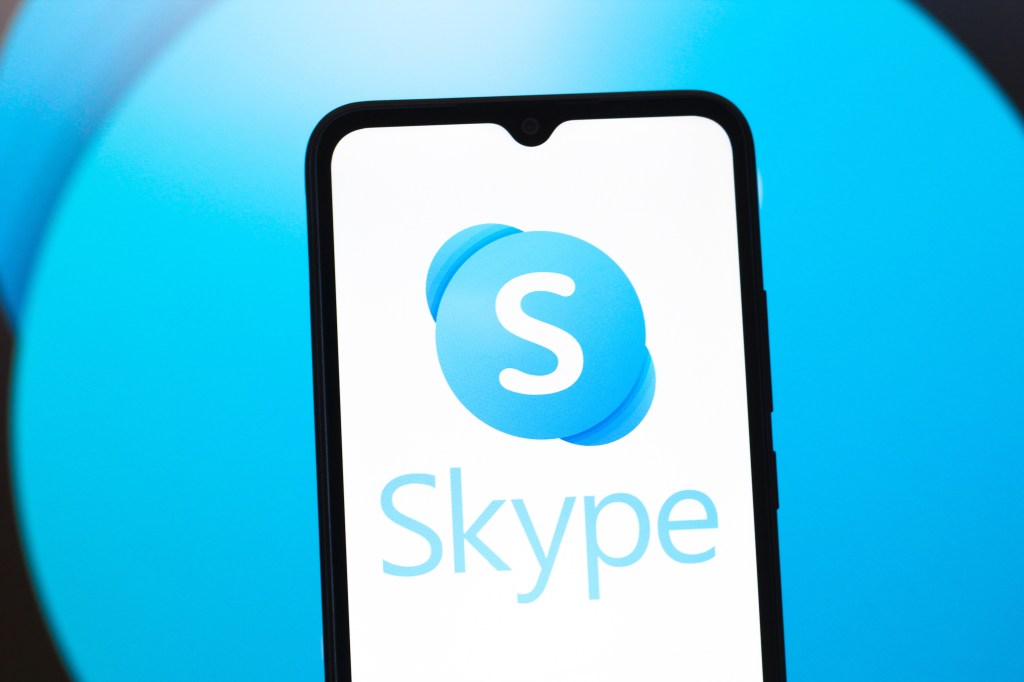Microsoft Bids Farewell to Skype: An Era Concludes in Digital Communication
The recent decision by Microsoft to shut down Skype marks the end of an era in digital communication. For over a decade, Skype served as a cornerstone in the realm of online interactions, enabling millions to connect across vast distances through voice calls, video chats, and messaging. This transition signals a significant shift in how we communicate digitally, raising questions about the future landscape of online interaction and the platforms that will step into the void left by Skype.
The Legacy of Skype in Digital Communication
Launched in 2003, Skype revolutionized communication by offering users a way to connect for free over the internet. It provided features that were groundbreaking at the time, such as:
- Voice over Internet Protocol (VoIP): This allowed users to make voice calls without incurring traditional phone charges.
- Video Calling: Skype was one of the first services to offer high-quality video chats, making face-to-face communication possible regardless of geographical barriers.
- Instant Messaging: Users could send text messages in real-time, enhancing the communication experience.
- Group Calls: Skype enabled multiple users to join a single call, facilitating conference calls and family gatherings.
As the years progressed, Skype integrated various features that kept it relevant in a rapidly evolving digital world. However, competition emerged from several platforms like Zoom, Microsoft Teams, and Google Meet, each offering similar functionalities with added enhancements that appealed to both personal and professional users.
What Led to Skype’s Demise?
While Skype was once the go-to platform for digital communication, several factors contributed to its decline:
- Increased Competition: As mentioned, platforms like Zoom and Teams have outpaced Skype, especially during the COVID-19 pandemic, which saw a surge in remote work and virtual meetings.
- Integration of Services: Microsoft’s shift towards Teams as a comprehensive collaboration tool for businesses diminished Skype’s relevance in corporate settings.
- User Experience: Many users found Skype’s interface outdated compared to modern applications, which offer more streamlined and user-friendly experiences.
- Security Concerns: Over time, various security vulnerabilities were reported, leading users to seek more secure alternatives.
As a result of these factors, Microsoft made the strategic decision to phase out Skype, focusing instead on its more successful platforms, particularly Microsoft Teams.
What This Means for Digital Communication
The closure of Skype is more than just the end of an application; it signifies a broader evolution in how we interact online. Here are several implications of this transition:
1. Shift Towards More Integrated Communication Tools
With Microsoft focusing on Teams, users can expect to see a rise in platforms that combine messaging, video conferencing, and collaborative tools into one cohesive environment. Teams has already established itself as an all-in-one solution for workplace communication, and its user base is likely to grow as Skype users transition.
2. The Importance of User Experience
As digital communication continues to evolve, user experience will play a critical role in the success of new platforms. Applications that offer intuitive interfaces, clear navigation, and seamless integration with other tools will likely dominate the market. This shift emphasizes the need for developers to prioritize usability in their designs.
3. A Focus on Security and Privacy
With increased concerns about data privacy and security breaches, users will be more discerning about which platforms they choose for communication. The fallout from Skype’s security issues serves as a reminder that any new platform must prioritize safeguarding user data to build trust.
4. Diversification of Communication Platforms
As users migrate from Skype, they are likely to explore a range of alternatives, including Zoom, Google Meet, WhatsApp, and even newer entrants in the digital communication space. This diversification can lead to a more fragmented communication landscape, where users switch between various applications based on their needs.
5. Innovative Features and Functionality
The competition among digital communication platforms will foster innovation. As companies strive to attract and retain users, we can expect the introduction of unique features, such as:
- Augmented Reality (AR): Enhanced video communication experiences through AR technology.
- AI-Powered Tools: Intelligent assistants that can help schedule meetings or transcribe conversations in real time.
- Enhanced Collaboration Features: Tools that facilitate file sharing, project management, and team collaboration within the same platform.
Preparing for the Future of Digital Communication
As we bid farewell to Skype, it’s essential for users to adapt to the changing landscape of digital communication. Here are some tips for navigating this transition:
- Explore New Platforms: Take time to identify which platforms best meet your personal or professional needs. Whether it’s Zoom for meetings or WhatsApp for casual chats, find what works for you.
- Stay Updated: Keep an eye on emerging technologies and platforms that may offer innovative communication solutions.
- Embrace Change: Be open to trying new tools and features as they are developed. Flexibility can enhance your communication experience.
Conclusion: Embracing a New Era
Microsoft’s decision to shut down Skype has undoubtedly marked the end of an era in digital communication. However, this transition also opens the door to exciting new possibilities in how we connect and interact with one another. As users navigate this evolving landscape, they will have the opportunity to explore a diverse range of platforms that emphasize security, user experience, and innovative features.
While Skype will be missed, it’s essential to view this change as a step forward in the ongoing evolution of digital communication. As we embrace new technologies and platforms, we can look forward to a future where online interaction continues to thrive in more engaging and meaningful ways.
See more Future Tech Daily

